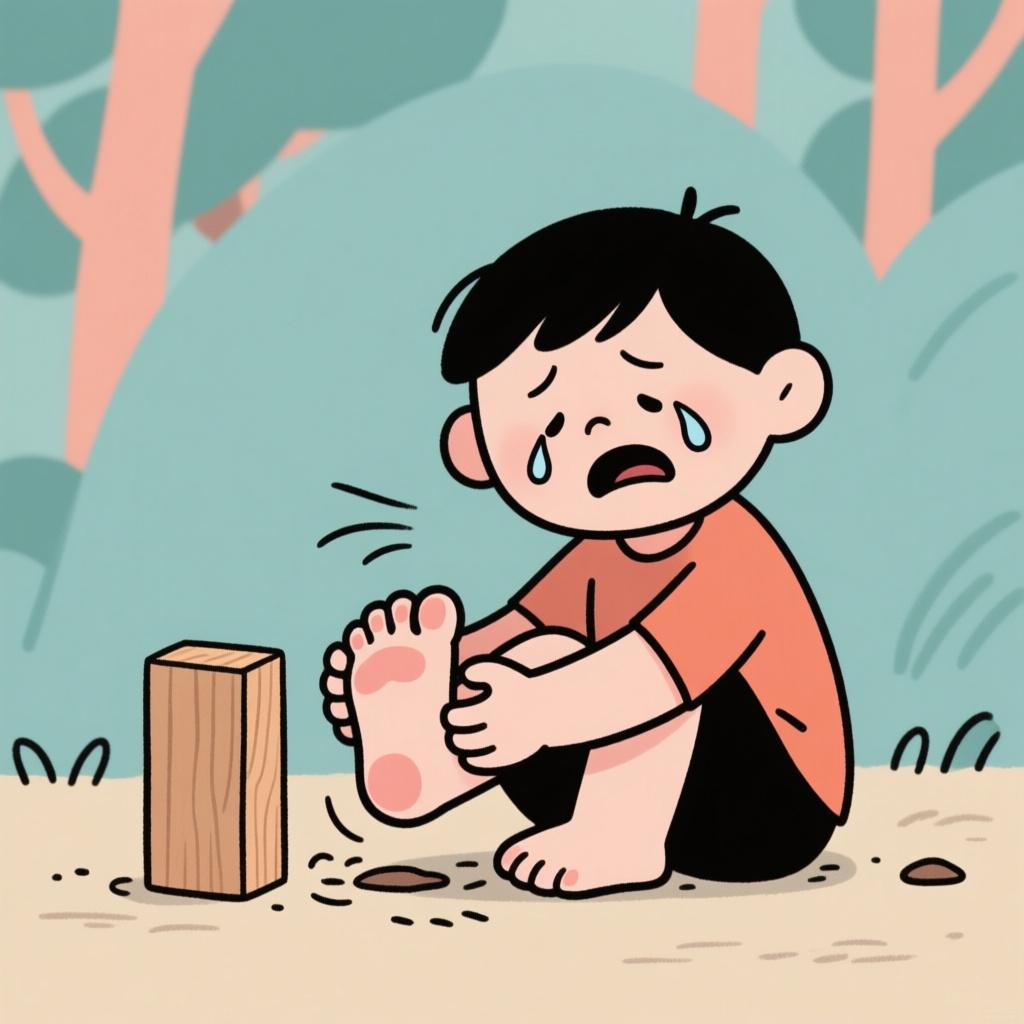Spanish Interjections
Spanish interjections (interjecciones) are expressive words or phrases that convey emotions, reactions, or sudden exclamations. They stand alone or are loosely connected to sentences, often expressing surprise, pain, joy, or other strong feelings. Interjections vary significantly across Spanish-speaking regions.
Key Characteristics
Grammatically Independent
Interjections don't follow normal grammar rules and can stand alone as complete expressions.
Regional Variation
Interjections vary greatly by country and region. Mexican, Spanish, and Argentine interjections often differ.
Punctuation Marks
Spanish uses inverted exclamation marks at the beginning: ¡Ay!
Emotional Expression
Interjections add personality and emotion to speech, making it more natural and expressive.
Visual Examples
Explore these interjections with images and audio pronunciation from our visual dictionary.
Types of Interjections
Pain/Surprise
Express pain, shock, or surprise
Joy/Enthusiasm
Express happiness or excitement
Disappointment/Regret
Express sadness or disappointment
Agreement/Acknowledgment
Show agreement or understanding
Common Mistakes to Avoid
❌ Using the same interjections everywhere
✓ Interjections are highly regional. Learn which ones are used in your target region.
"¡Vale!" is common in Spain but sounds odd in Latin America. Use "¡Está bien!" instead.
❌ Forgetting inverted exclamation marks
✓ Spanish uses ¡ at the beginning and ! at the end of interjections.
✗ Ay! | ✓ ¡Ay!
How Spanish Interjections Differ from English
More Regional Variation
English interjections are fairly consistent across regions. Spanish interjections vary dramatically by country.
Pro Tips for Using Interjections
💡 Watch movies/shows from your target region
Example: This is the best way to learn which interjections sound natural
Browse All 122 Spanish Interjections
Explore our complete collection of Spanish interjections, organized by CEFR proficiency level. Click any word to see detailed definitions, usage examples, and pronunciation guides.











